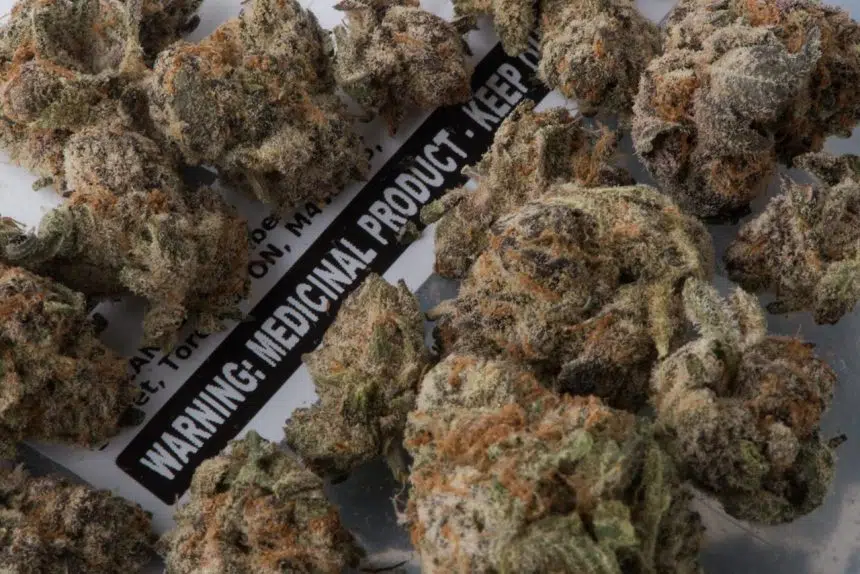OTTAWA — The country’s cannabis black market was worth as much as $6.2 billion in 2015 — nearly as much as the wine market, a new report by Statistics Canada estimates.
The report released Monday used several estimates of the price of marijuana to determine the market would have represented around 70 to 90 per cent of the size of the $7-billion wine market in the most recent year it studied.
Assuming a price range of $7.14 to $8.84 per gram, it also estimated that cannabis was roughly half to two-thirds of the size of $9.2 billion beer sector for 2015.
“The study estimates that the volume of cannabis consumed tended to increase over time from 1960 to 2015, due in part to the increase in consumption among adults,” Statistics Canada said.
The report estimated cannabis consumption in 2015 totalled 697.5 tonnes.
“Indeed, the relative importance of the different age groups to the volume of cannabis consumption is estimated to have changed significantly over time,” the agency said.
“In the 1960s and 1970s, the cannabis market was predominantly youth driven. However, by 2015, just under six per cent of estimated cannabis consumers are estimated to be in the 15 to 17 year old age group, while two-thirds of cannabis consumers are over the age of 25.”
The estimates were similar to those in a Deloitte report that estimated the base retail market value of the marijuana market at $4.9 billion to $8.7 billion per year.
The Deloitte report also estimated that the total potential economic impact could be about $22.6 billion after secondary factors were included.
Statistics Canada is preparing for the legalization of the recreational use of marijuana next year and what that means for its economic and social statistics programs.
It said the number of cannabis consumers and the volume of consumption are subject to greater uncertainty because there are unquantified degrees of uncertainty in the data.
“This does not make them invalid, but rather indicates that unresolved measurement challenges remain,” the report said.
Statistics Canada said it hopes to improve its estimates in the future as additional data sources become available.







